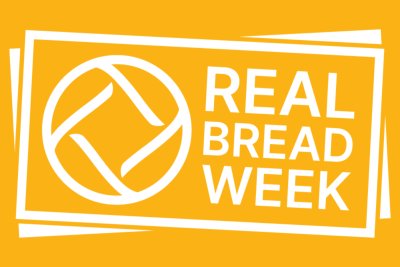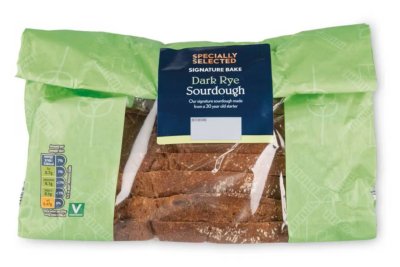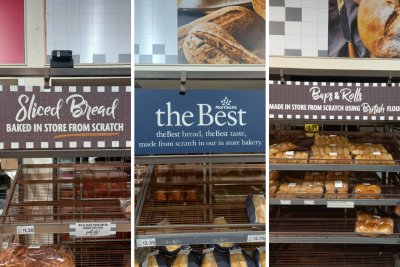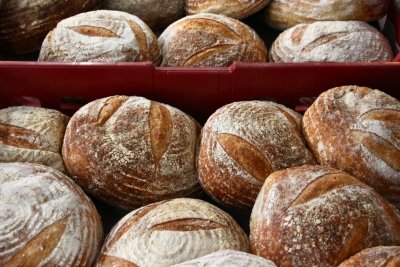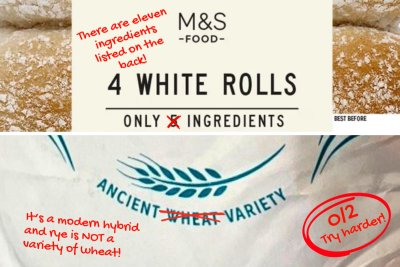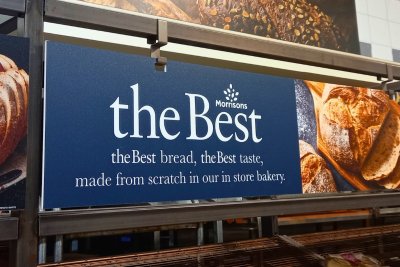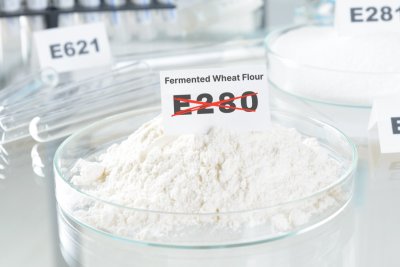 Not an E number... but it is a preservative. Credit: www.realbreadcampaign.org
Not an E number... but it is a preservative. Credit: www.realbreadcampaign.org
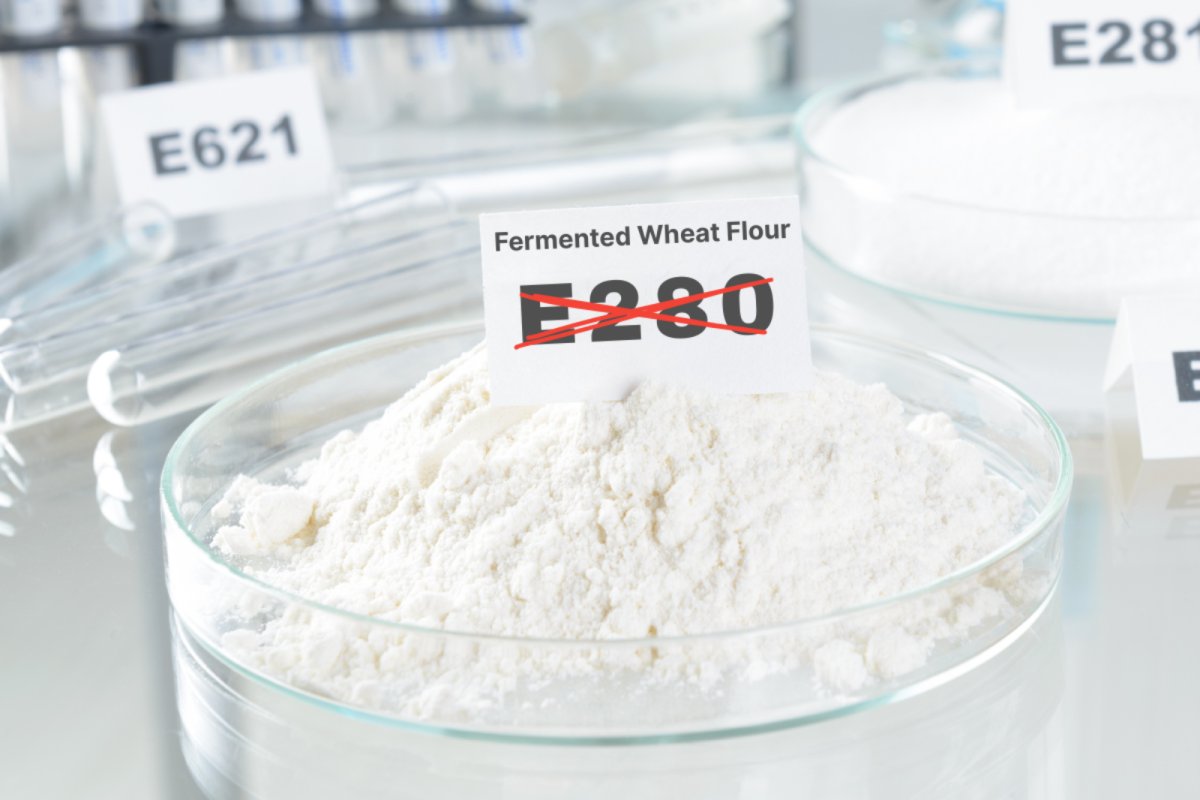
Fermented wheat flour is a preservative confirms trade body
FoB states it is used to inhibit mould and extend shelf life.
In response to the Real Bread Campaign’s investigation into the identity and purpose of ‘fermented wheat flour’ widely used by large manufacturers, the Federation of Bakers (FoB) has published its position on the subject.*
On its website, the FoB stated that: ‘This fermentation process produces natural organic acids which naturally help to inhibit mould and thereby extending the freshness and shelf-life for the consumer.’
Real Bread Campaign coordinator Chris Young, who carried out the investigation, said: ‘This confirms that this type of ‘fermented wheat flour’ is a preservative. It perhaps explains why most companies we contacted were unresponsive, or seemed cagey to us, when we asked them to reveal what was behind their clean label curtains.’
He added: 'This is about honesty and transparency. Once again, it feels like the UPF sector is trying to hide, or at least misdirect people's attention from, things they'd prefer we didn't know or think about. The law needs to be reviewed but, after yesterday's response from the Minister of State at Defra, we doubt the current Government has any appetite for that.'
People seeking genuine sourdough, or other Real Bread, can:
*FoB is a trade body that represents the interests of many of the UK’s largest industrial dough fabricators. On 24 September 2025 the FoB published its position statement, of which the Campaign was only made aware on 15 October.
Clean label = clean product?
When you see 'fermented wheat flour' on an ingredients list, does it always mean a live sourdough starter culture, used to make the dough rise? Perhaps not.
Other things ‘fermented wheat flour’ might be include:
- a devitalised (ie dead) culture, added for a bit of flavour and tang to a dough leavened using baker’s yeast.
- a 'label friendly solution' to extending shelf life, purchased from a 'clean label' supplier.
The second of these is flour intentionally cultured using specific bacteria to generate one or more organic acids, typically propionic acid, to delay the onset of mould and help extend the shelf life.
Is 'fermented wheat flour' an additive, E number or preservative?
Yes and no.
If particular bacteria are added to flour and water to generate propionic acid (for example), which is then separated from the mixture, food law deems the purified product to be an additive. It must be listed on a food label by name and / or the code - in this case propionic acid / E280, which is classed as a preservative.
If, however, the propionic acid produced by the bacteria is not extracted from the flour and water, food labelling law does not consider the mixture to be an additive. This means that a manufacturer can add the mixture and choose not to declare the propionic acid, its E number or that it is a preservative, on the ingredients list. Instead the company can choose to list it simply as ‘fermented wheat flour’.
Suppliers market this sort of 'not-an-additive-honest' to food manufacturers as ‘label friendly’ or ‘clean label solutions’ to avoiding having to list E numbers or far-from-natural looking additive names.
For example, the company Limagrain told the Campaign that the product Cereclean is: ‘our clean-label preservative made from fermented wheat flour. Often used as a natural alternative to Calcium Propionate (E282) / Potassium Sorbate (E202) / Alcohol. Used to naturally extend the shelf life of baked goods like Sliced Breads, Brioches, Pastries, etc. Contains 17 to 20% of Propionic Acid.’
Asda, the one company that gave the Campaign a direct answer, told us that 'fermented wheat flour' ‘typically refers to flour fermented to generate propionic acid. This process is used to enhance flavour and shelf life, and it does not involve a live sourdough culture.’
What this investigation is and isn’t
The Real Bread Campaign is all about choice. Our vision is everyone having a realistic chance to choose Real Bread.
Much as we'd like to see manufacturers remove all so-called processing aids and other additives, we've never called for a ban of any of them. While we encourage people to buy Real Bread (ideally from local, independent bakeries) or to make their own by hand or machine, we don’t tell anyone what they should or shouldn't buy or eat. The choice is yours and we do not criticise anyone for making choices that are different to ones we'd make.
We work towards everyone being able to make better-informed choices, and challenge obstacles to this, which include incomplete labelling and misleading marketing. While the use of ‘clean label solutions’ is legal, we believe the way that some companies sometimes list them to be misleading by omission of important, material fact. In the case of 'fermented wheat flour', this is compounded if a company also uses what we see as marketing misdirection by making a claim about not using preservatives.
Honest and transparent labelling and marketing should have no effect on price, or on people for whom these issues are of low priority or not important at all.
Is propionic acid safe?
While additives can perform technical functions in industrial dough fabrication, by definition no additive is necessary in bread making. This particular investigation isn’t questioning whether propionic acid (or any preservative, for that matter) is safe, ‘right’, ‘wrong’, 'good' or 'bad' though.
Small amounts of propionic acid also occur naturally in a range of fermented foods. Vinegar and salt are both natural preservatives, and sourdough fermentation can in some cases have a natural preservative effect.
Whataboutery
Questions the Campaign has been asked during the social media flurry the investigation has generated (by 15 October 2025, one Instagram post has attracted more than 2.4 million views and 24,000 likes) are along the lines of ‘but what about the sodium chloride in salt, the acetic acid in vinegar and lactic acid in sourdough starter – are you saying they should be named as well?’
Here’s what we said in our July 2025 blog post on this subject.
Yes, salt, vinegar and some of the substances produced by sourdough (and other lactic acid bacterial) fermentation - which in some cases might include small amounts of propionic acid - are all preservatives. No we're not saying they should be banned.
'Report them to trading standards!'
We believe there might be grounds for complaint in some cases, notably where a company claims that a product manufactured using 'fermented wheat flour' has no preservatives. The trading standards service, however, is under-resourced and overstretched...and so is the Campaign. Unless we find a clear-cut case, we don't feel that they, or we, are in a position to prioritise a complaint on this issue.
Updates
...will appear at the end of this news item.
Real Bread Campaign: Finding and sharing ways to make bread better for us, our communities and planet.
Sustain
The Green House
244-254 Cambridge Heath Road
London E2 9DA
020 3559 6777
sustain@sustainweb.org
Sustain advocates food and agriculture policies and practices that enhance the health and welfare of people and animals, improve the working and living environment, promote equity and enrich society and culture.
© Sustain 2026
Registered charity (no. 1018643)
Data privacy & cookies
Icons by Icons8
